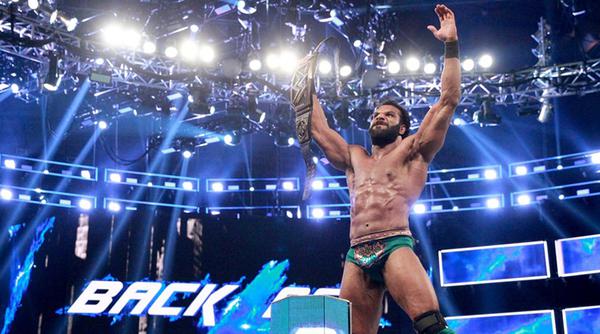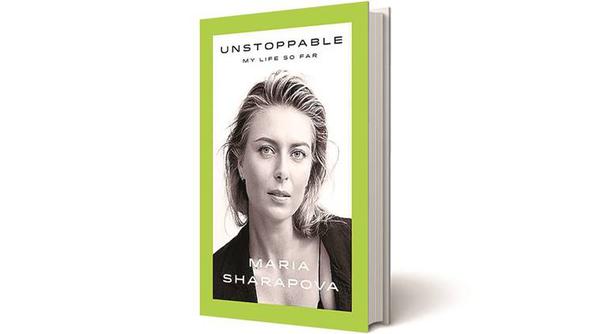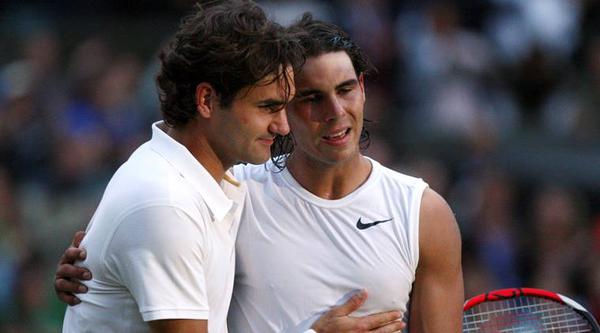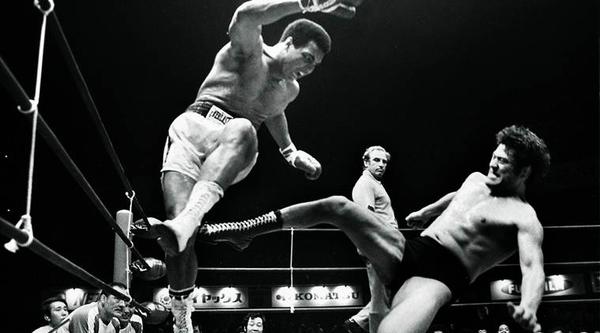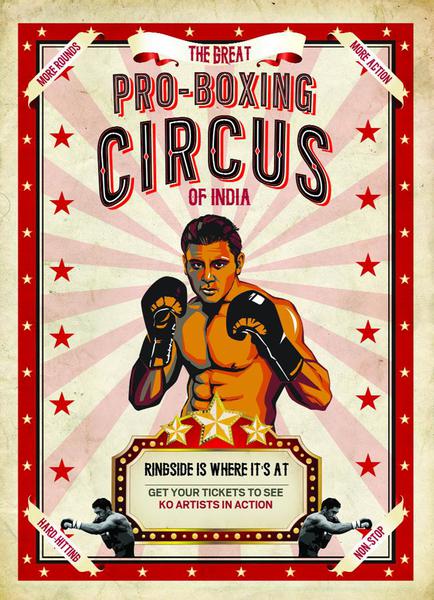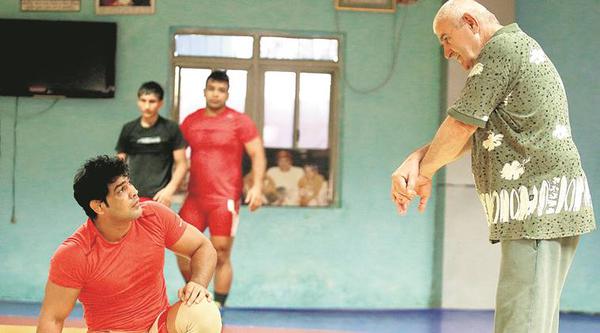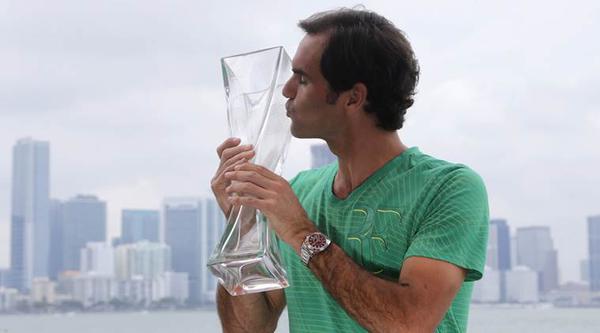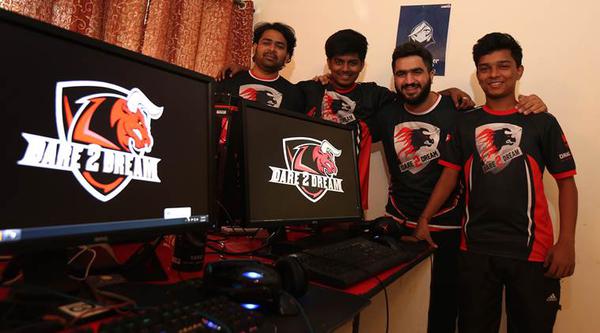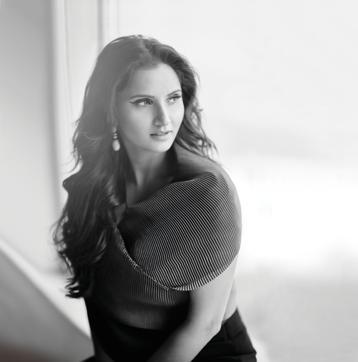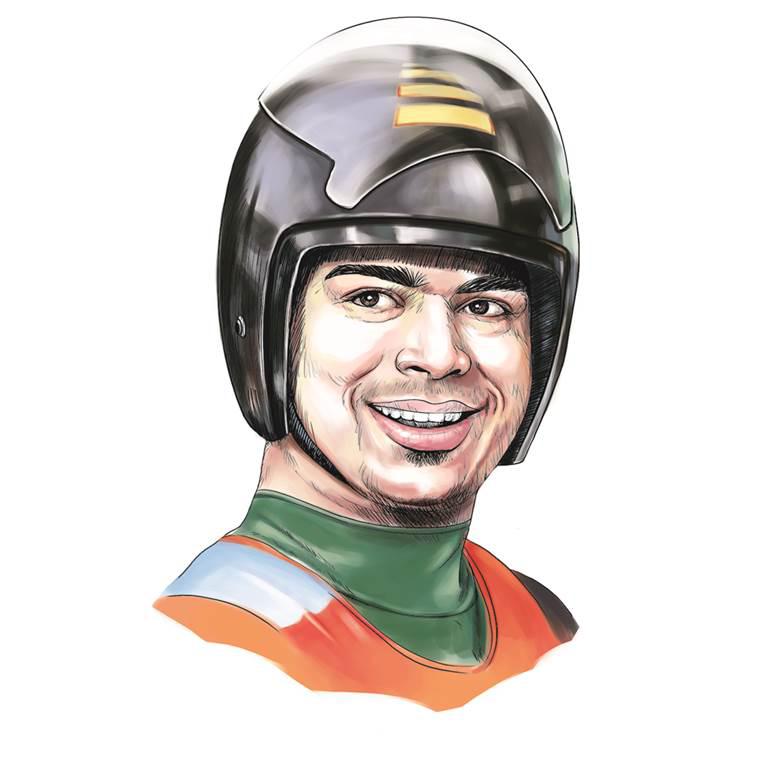
Shiva Keshavan: India’s lion in winter and Olympics
For two decades, Shiva Keshavan has hurtled himself down an icy concrete chute, going 130kmph without brakes and pulling more Gs through the corners than an astronaut during a rocket launch. And that’s the easy part. Making his way back to the starting line each time has been an Olympic challenge.
